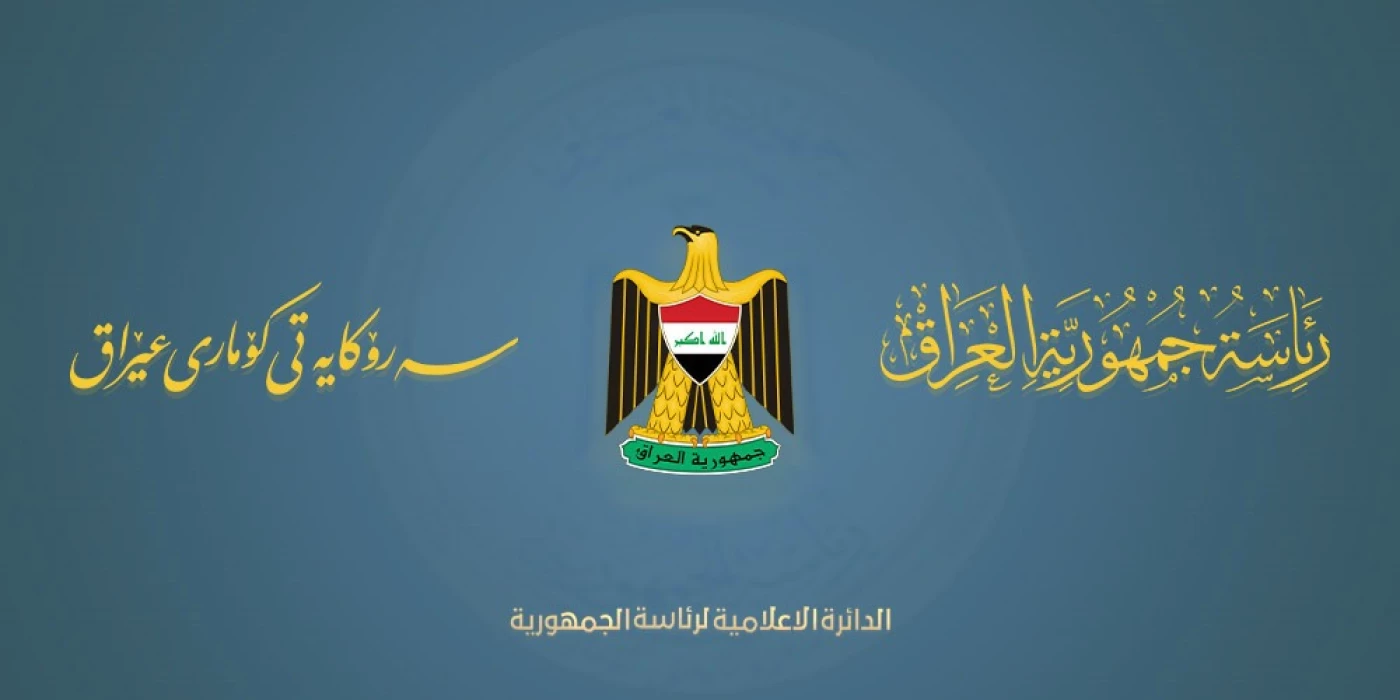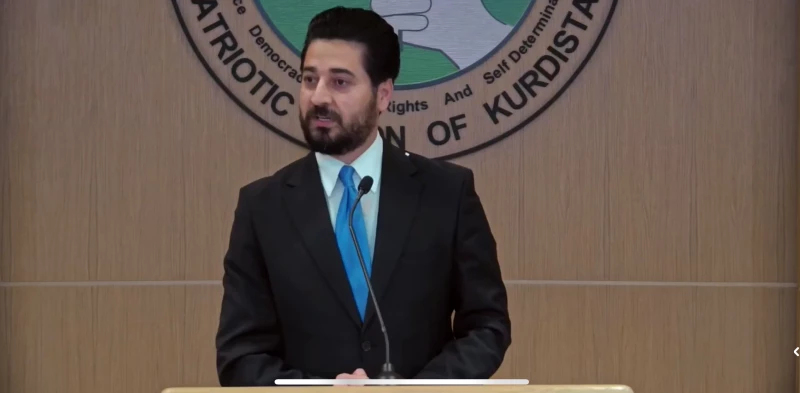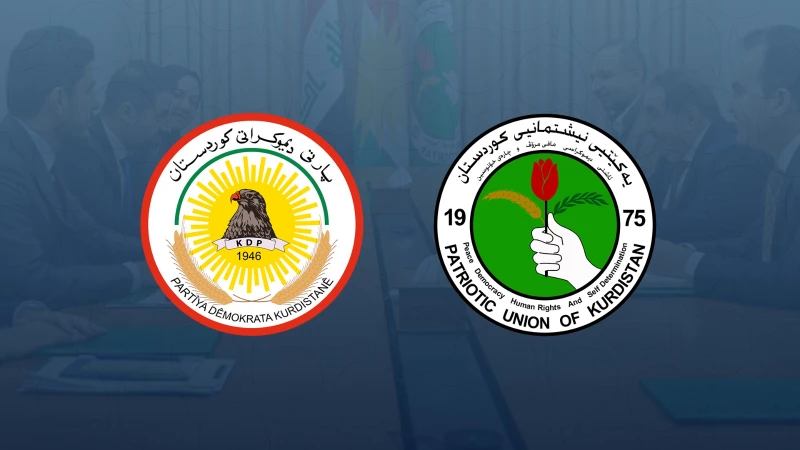ERBIL, Kurdistan Region of Iraq - The Iraqi presidency ratified on Thursday the Personal Status, the General Amnesty, and the real estate restitution laws.
The Iraqi Presidency's ratifications came after the Federal Supreme Court on Tuesday rejected appeals submitted against the three laws.
The amnesty law redefines the concept of affiliation to terrorism, through which the cases of many in Iraq will become easier to resolve. The law could save the lives of scores of innocent people from the country’s prisons, but could also lead to the release of the guilty, too, if not implemented properly.
The amendment to the Personal Status Law governs family-related issues such as marriage, divorce, inheritance, and custody, and has long been seen as controversial by civil society activists.
The changes allow couples to choose their religious sect — Shiite or Sunni — when entering into a marriage contract. If the couple cannot agree on a sect, the husband's sect would be applied. Critics argue that this provision could undermine civil rights, particularly for women and girls.
The real estate restitution law seeks to reverse the effects of the Arabization policy pursued by the banned Ba'ath Party regime for more than three decades, which was represented by the displacement of Kurdish and Turkmen families from their lands in the provinces of Diyala, Salahadin, Kirkuk, and Nineveh, granting their lands to Sunni Arabs to establish Arab villages in areas with a Kurdish and Turkmen majority.
The Iraqi parliament passed the controversial bills during a session on January 21.
The Federal Supreme Court had issued a temporary ruling two weeks later to suspend their implementation, after a coalition of 10 lawmakers had filed legal complaints to the top court, calling for suspending the implementation of the bills, claiming that the voting procedures during the parliamentary session were “not sound."



 Facebook
Facebook
 LinkedIn
LinkedIn
 Telegram
Telegram
 X
X


